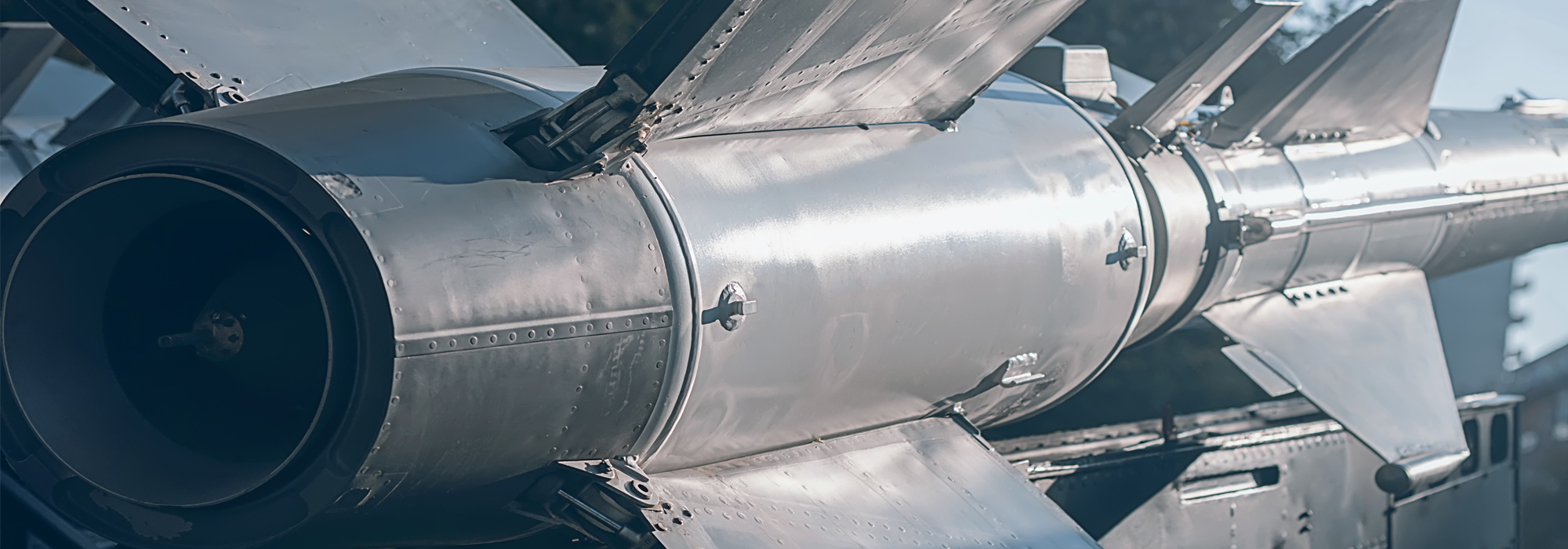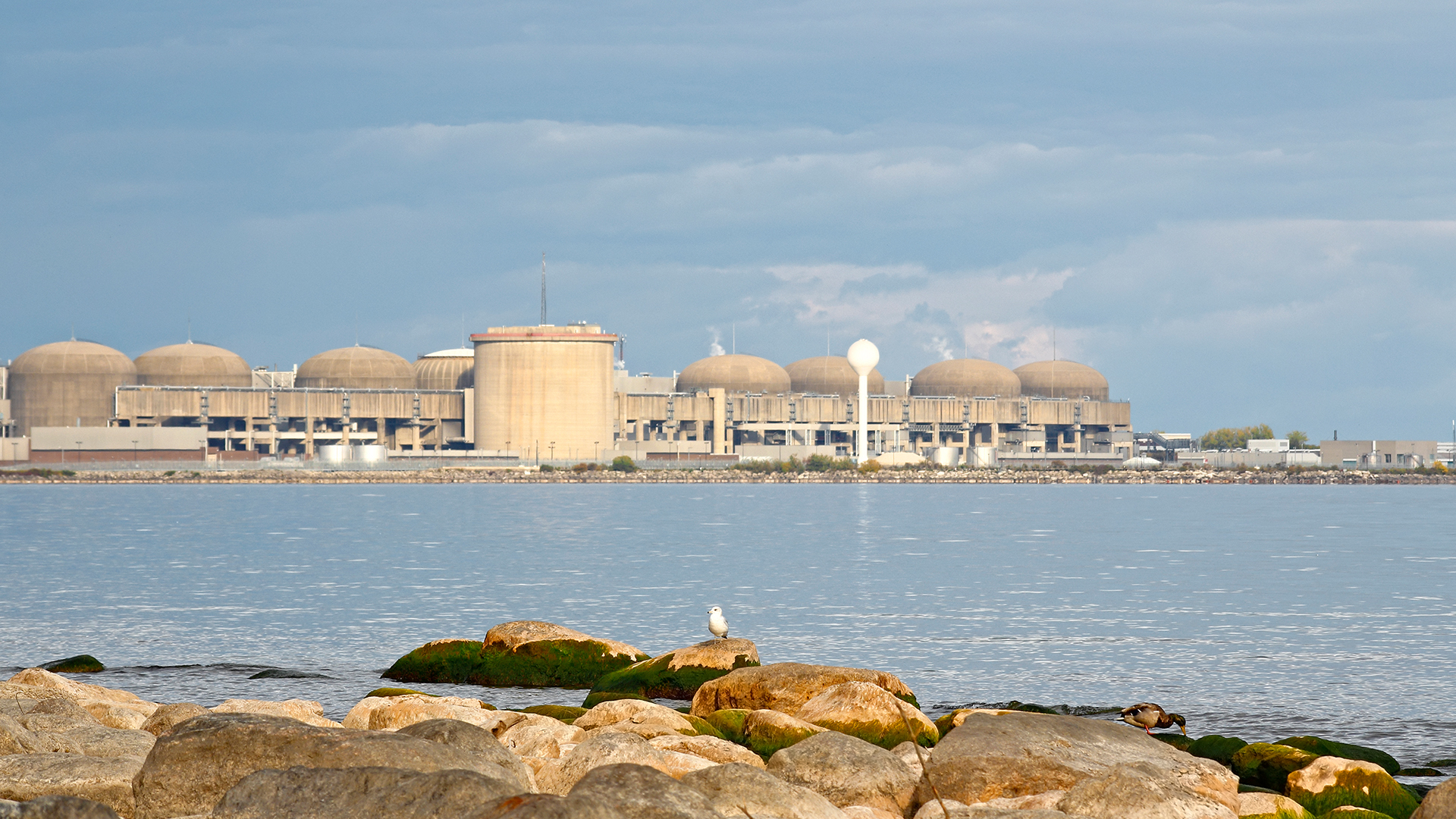
The global security environment is in a dynamic state. Renewed competition between great powers threatens stability. Brinksmanship between US President Donald Trump and Iran’s leadership could trigger war in the Middle East. Complicating matters is an increased willingness to question the international norms and institutions that have helped preserve stability for the past 70 years. The global rules-based order is under direct threat, and international willpower to preserve it is in short supply. Perhaps the most concerning feature of the current security situation is a dangerous increase in the risk of a nuclear arms race.
The state of international efforts to stop the proliferation of nuclear weapons presents real challenges and will feature prominently throughout the mandate of Canada’s next government. Though the current government has stood against proliferation threats and has advocated nuclear disarmament, leading observers have called on it to do more. No other issue implicates so directly and urgently Canada’s global security interests. Nonproliferation and disarmament questions should be front and centre in any substantive debate over Canada’s foreign and defence policies during the federal election campaign.
A longstanding international consensus in question
Uncertain negotiations over the North Korean nuclear programs between President Trump and North Korean Supreme Leader Kim Jong Un, as well as confrontations with Iran over its enrichment activities, have been dominant international security stories of the past year. A failure of efforts to counter proliferation in these two instances could lead other countries to develop their own nuclear weapons.
The demise of the Intermediate-Range Nuclear Forces (INF) Treaty in August 2019 and an apparent lack of US interest in extending the New Strategic Arms Reduction Treaty (New START) also threaten the disarmament agenda. A decision not to extend New START would eliminate verifiable, legally binding limits on the number of deployed American and Russian strategic warheads. Combined with nuclear modernization programs in both countries, backsliding on disarmament has led to fears of a new nuclear arms race. China, India and Pakistan have also expanded their nuclear arsenals in the last three years.
These developments are emerging at a time when the nuclear nonproliferation regime is experiencing deep challenges. At the heart of the Nuclear Non-Proliferation Treaty (NPT) is a bargain — which Canada played a leading role in forging in the late 1960s — that non-nuclear-weapons states would not proliferate, in exchange for a commitment to disarmament from nuclear-weapons states. In recent years, there has been considerable frustration among non-nuclear countries over the slow pace of disarmament. Owing in part to these frustrations and a desire to reinvigorate the disarmament agenda, 70 countries have signed the Treaty on the Prohibition of Nuclear Weapons (TPNW), and 23 have ratified it since it was adopted at the United Nations in July 2017. The TPNW stigmatizes the possession of nuclear weapons, highlighting their dire humanitarian consequences. The nuclear-weapons states have announced their unwillingness to be bound by the treaty and in some cases have responded disdainfully to the entire enterprise. US officials, for example, are said to regard the treaty as a “nuisance.”
This fractious setting threatens progress at the upcoming spring 2020 review conference of the NPT. Review conferences are the primary intergovernmental mechanism for meetings of the states that have signed the NPT. These high-level affairs, which occur every five years, are an opportunity for states to report on their progress in implementing the treaty and to take substantive decisions.
Meanwhile, conflicts with Iran and potentially North Korea threaten stability in the Middle East and Northeast Asia. As a means of balancing perceived threats, other states could seek their own nuclear weapons, leading to a proliferation “cascade.” The wider the circle of nuclear states, the greater the damage to current norms and institutions that restrain global proliferation. An increase in the number of nuclear-weapons states also increases the risk of miscalculation and inadvertent use. When countries with domestic instability have nuclear weapons, the threat of “loose nukes” and nuclear terrorism increases. These developments raise the chances of cataclysmic nuclear conflict.
In the last three years, all nuclear-weapons states have invested in new delivery systems, and some have expanded the role of nuclear weapons in their security doctrines. The development of new tactical nukes and of hypersonic weapons capable of carrying nuclear warheads poses new challenges, most notably to the maintenance of strategic stability. What is needed is a progressive ratcheting down of great power tensions, not new avenues for competition. Arms control and disarmament agreements have long been ways in which great powers collaborate to reduce global tensions, furthering détente. From this perspective, a failure to extend New START would be a missed opportunity.
Canada has a fundamental interest in supporting effective multilateral institutions. It has long used these institutions, particularly those of the United Nations system, to exercise international influence. Promoting nonproliferation and disarmament is core business for the UN and vital to the health of the world organization. The NPT is the cornerstone of the nuclear disarmament and nonproliferation regime, and any potential for its erosion or breakdown should be regarded with extreme concern. The NPT has slowed the spread of nuclear weapons and helped hold nuclear-weapons states to account in reducing their nuclear stockpiles. A growing divide and an increased tendency for nuclear-weapons states and non-nuclear-weapons states to talk past each other undermines the regime at a time when it should be strengthened instead.
Canadian initiatives
Canada brings much to the table on nonproliferation and disarmament. Even with an unpredictable administration in the White House, Canada is a close US ally and partner. Canadian and American officials maintain hundreds of day-to-day contacts that serve as channels for influence. Few countries have such direct and pervasive links. Canada remains a well-regarded player internationally. It is for this reason that it has historically been well positioned to serve as a bridging force between nuclear and non-nuclear states. Canada is a leading player in the Non-Proliferation and Disarmament Initiative (NPDI), a cross-regional grouping of non-nuclear states. Canada is also active in a large number of institutions — both formal and informal — in the nonproliferation field. Through participation in these forums, the government builds connections and is able to shape intergovernmental agendas and promote key norms within policy-maker networks. If employed strategically, these connections are real assets that enable Canadian influence.
From this standpoint, there are three initiatives that would further Canada’s international security interests.
First, Canada should position itself to reinforce the political foundations of the nuclear nonproliferation and disarmament regime in a time of division. Canada should continue to bridge nuclear-weapons and non-nuclear-weapons states. To achieve this, it should deepen ties with leading non-nuclear-weapons states, such as Indonesia and Brazil, hosting bilateral consultations and organizing regular “pull-asides” at relevant meetings. Political-level engagements set the tone for such interactions and should be strengthened. Working-level contacts should also be cultivated and trusting relationships fostered. Aside from bilateral connections, the NPDI is a valuable grouping that should continue to serve as a key venue for Canadian diplomacy. These relationships should be prioritized and resourced appropriately. Canada should also work with its nuclear-armed allies to encourage a more constructive response to the TPNW.
Second, states should tackle some of the longstanding institutional challenges facing the NPT. The NPT does not, for example, have a dedicated secretariat or an intergovernmental body that can promote treaty implementation. It provides no capacity to take timely decisions necessary for addressing fast-moving international crises. In 2010, Canada advocated far-reaching changes to the NPT that would enhance its review and decision-making capacity, such as institutionalizing more frequent conferences and the establishment of a treaty support unit. Canada should renew these efforts by building on the constructive measures proposed by NPDI states in spring 2018 on transparency and on strengthening the NPT’s review functions. Canada could offer to host consultations on these related proposals after the review conference.
Such consultations would ensure that states capitalize on momentum generated by the high-level NPT discussions. On transparency measures, these discussions could reinforce the need for nuclear-weapons states to report regularly in a standardized fashion. This meeting could also canvas options to support smaller non-nuclear-weapons states in meeting their reporting requirements. Canada could, for example, provide capacity-building funds to support these states in submitting their review conference implementation reports. Global Affairs Canada’s Weapons of Mass Destruction Threat Reduction Program could be one source of such funds. Another option that could be explored is the development of Global Performance Indicators that would compare states’ progress in implementing their nonproliferation and disarmament commitments.
Third, Canada should use all available means to encourage the US to extend New START. While Canada has advocated for the treaty’s renewal, the government should step up this effort at both the political and working levels. A coordinated full-court press, involving multiple agencies and departments, would highlight the importance of the treaty for the international disarmament agenda. Discussions with members of the US Congress could also be explored.
Few problems are in such dire need of Canada’s full attention on the world stage as the precarious state of nuclear nonproliferation and disarmament. To advance its interests, Canada should seek to strengthen the political and institutional foundations of the regime through its multilateral and bilateral diplomacy. At home, this looming threat to our national security demands political attention in the upcoming campaign.
Photo: Shutterstock, by Allexxandar
Do you have something to say about the article you just read? Be part of the Policy Options discussion, and send in your own submission. Here is a link on how to do it. | Souhaitez-vous réagir à cet article ? Joignez-vous aux débats d’Options politiques et soumettez-nous votre texte en suivant ces directives.








